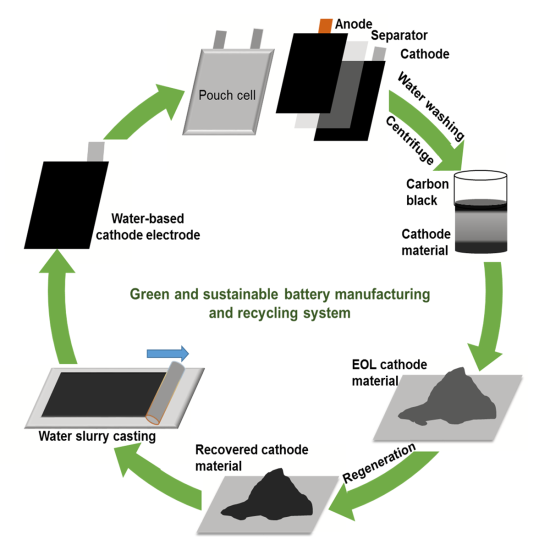Dawn One is a solar-powered climate observatory, one of many to come and an outgrowth of a long career for John Langford, Electra Aero’s CEO, and collaborator with Professor James G. Anderson of Harvard University. A seeming callback to John Langford’s human-powered aircraft from his MIT days, Dawn One is a 90-foot span unmanned aircraft system (UAS) destined to fly at stratospheric altitudes (49.000 feet maximum) while observing data for quantitative forecasts of risks in the climate. We see its first flight from the Manassas Regional Airport in Virginia on September 9. The assistants in hot pink and orange vests are Hokies, part of Virginia Tech University, and whose name is explained in a lengthy Wikipedia entry. The “solar-battery hybrid electric research aircraft” is part of the Stratospheric Airborne Climate Observatory System (SACOS) program. The program will consist of “an ensemble of solar powered aircraft operating for months in the stratosphere,” each “ each “focused on critical climate observing missions …
Making and Recycling LIBs Cleaner, Safer
What if we could make the process of making LIBs (Lithium Ion Batteries) a lot safer, their use less hazardous, and their recycling a low-risk enterprise? Virginia Tech researchers think they have positive answers to all three questions. By substituting water for organic solvents normally used in making LIB electrodes, researchers at Virginia Tech (Virginia Polytechnic Institute and State University), “…found that the electrodes fabricated via water-based processing demonstrate comparable rate performance and cycle life to the ones from conventional solvent based processing.” Beyond that, in a seeming bit of alchemy, using water-based processing with a water-soluble binder, “…enabled recovering the cathode compound from spent electrodes using water, which could be successfully regenerated to deliver comparable electrochemical performance to the original, pristine electrode.” “Humongous” Amount of NMP N-methyl-2- pyrrolidone (NMP), used as a solvent in making LIB electrodes, is expensive and harmful to reproductive functions. It was added to the European Commission’s restricted list in 2018. Despite those concerns, one …
Five Student Teams Show Five Possible Ways to Electric Flight
What will future airplanes look like? Exciting, sleek and beautiful, if the five winners of a recent NASA Aeronautics Research Mission Directorate (ARMD) challenge are any indicator. Graduates and undergraduates were asked to design a four-seat, electrically-powered craft that “could carry at least 400 pounds of extra cargo, fly at least 575 miles during a single flight, cruise at a speed of at least 150 mph and be able to take off in less than 3,000 feet under normal conditions.” Current materials and motors were undoubtedly intended, since the airplanes had to be ready to go into service by 2020 and be competitive with currently-available “standard piston-engine airplanes that burn fossil fuel.” This is definitely a challenge, and the students not only met it, but exceeded expectations. Of twenty team entries, NASA evaluators chose five for final consideration. Jaiwon Shin, NASA’s associate administrator for aeronautics, extolled their virtues. “The research and critical thinking that went into each of these designs was …
Hydrogen as a Biofuel?
While we’ve written recently about “artificial leaves” that emulate the photosynthesis of their real counterparts, researchers have announced the discovery of a way to extract hydrogen from any plant, which “could help end our dependence on fossil fuels,” according to Y. H. Percival Zhang, associate professor of biological systems engineering in the College of Agriculture and Life Sciences and the College of Engineering at Virginia Polytechnic Institute and State University (Virginia Tech). The school describes the process as a “breakthrough that has the potential to bring a low-cost, environmentally friendly fuel source to the world.” Zhang has been working on the problem for over seven years, and like many pioneers, has endured the critical appraisal of those not in tune with his aspirations. Esquire magazine in its November 2006 issue labeled Zhang’s early iteration of his idea to break down plant sugars to create cheap cellulosic ethanol and possibly even hydrogen as the “Crazy idea of the year: “sugar cars.” …


